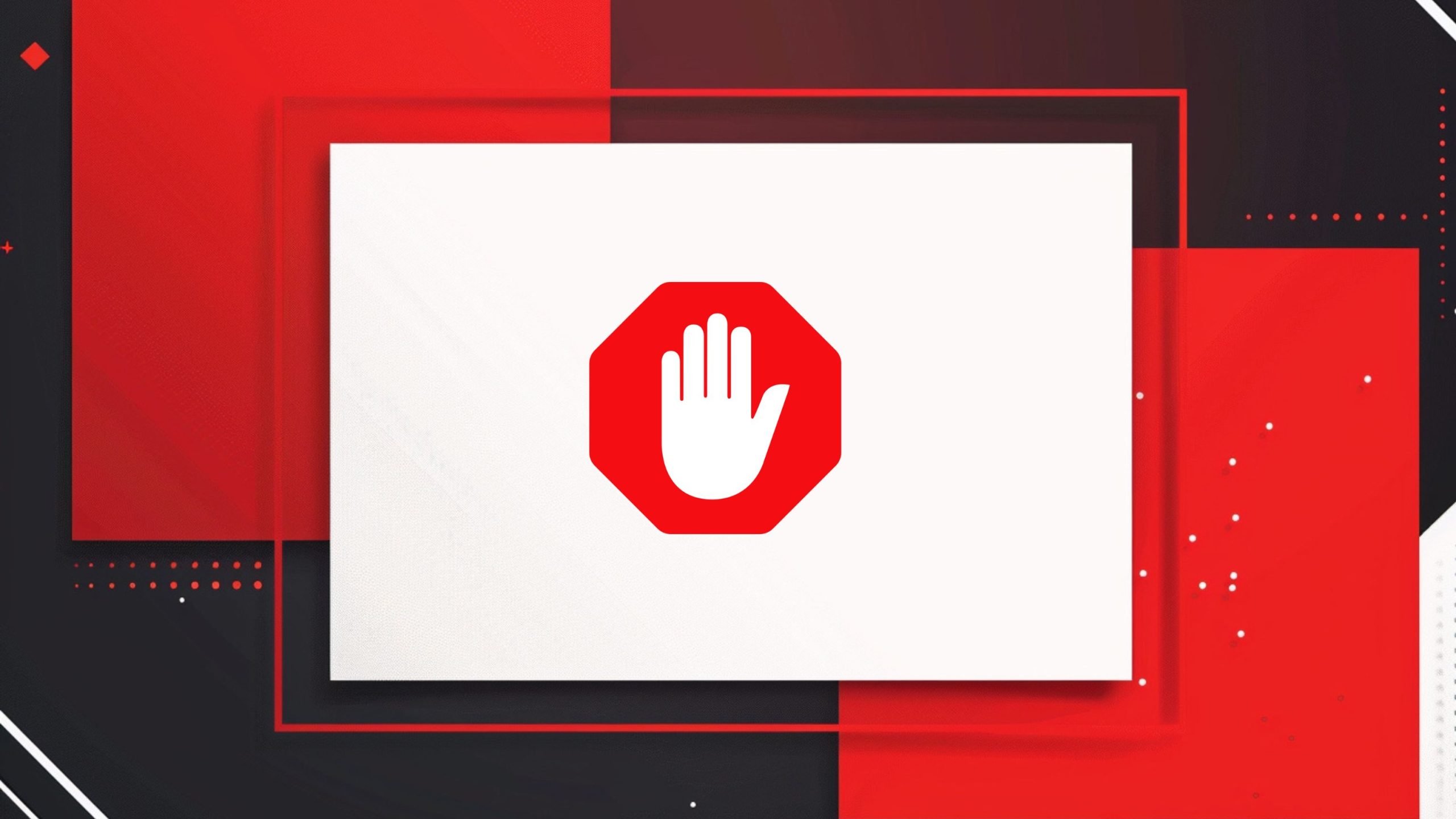Germany’s highest civil court has reopened a key legal fight that could jeopardize the future of ad blockers, which should prompt fresh concern among privacy advocates.
The Federal Court of Justice (BGH) has returned a long-running dispute between Axel Springer and Eyeo GmbH, the maker of Adblock Plus, to a lower court for further proceedings.
The ruling revives the publisher’s copyright claim and raises new uncertainty over whether individuals will retain the right to customize how websites appear in their own browsers.
Axel Springer has spent years trying to dismantle ad-blocking tools through legal action. When a campaign based on competition law ended in failure in 2018, the company shifted its approach to focus on copyright protections.
According to Heise, that strategy met resistance in the Hamburg courts, where judges ruled that altering the way a page is displayed locally by the browser does not violate copyright law.
The recent decision from the BGH does not decide the case in Springer’s favor but criticizes the lower court for failing to adequately consider technical details. The Hamburg Higher Regional Court must now reexamine whether browser behavior and ad blockers interact in ways that impact elements of a website protected by copyright.
At the center of Springer’s claim is the idea that the structure created by a browser when it renders a webpage, including the Document Object Model (DOM) and CSS styling, is part of the publisher’s original programming.
The company argues this qualifies as a protected work under copyright law and that modifying it through ad-blocking software infringes those rights.
The BGH did not accept or reject that theory but said the Hamburg court’s ruling lacked clarity on essential points. It found that the previous judgment failed to specify what parts of the site were considered protected and whether the user’s browser activities altered them in a way that could be unlawful. The court noted that “it cannot be ruled out” that the code generated by the browser is protected and that an ad blocker “interfered with the exclusive right to it.”
The court also referred to a past case from the European Court of Justice that dealt with cheat tools for video games.
That case concluded that modifications do not breach copyright unless they change the underlying code. However, the BGH did not treat that precedent as directly transferable to the context of ad blockers and browser-based rendering.
Eyeo has largely succeeded in defending its position up to now. A major victory came in 2022, when the Hamburg appeals court ruled that Adblock Plus simply allows users to make choices about how content is presented within their own browser environment. That court did not find any breach of copyright, viewing the tool as an extension of user agency.
The BGH’s new ruling sets that decision aside for the time being. It instructs the Hamburg court to look more closely at whether specific elements of site code, such as object code or bytecode, are being modified.
If so, the court must consider whether those changes qualify as copyright violations and under what conditions, if any, they might be permitted.
A more detailed explanation from the BGH is still expected. In the meantime, the case returns to the lower court for additional fact-finding. Observers say a final outcome could still be years away.
The consequences of a decision against ad blockers would extend far beyond this individual case.
If courts conclude that these tools infringe copyright simply by allowing users to control what loads in their own browser, the ruling could open the door to broader restrictions on privacy tools.
Germany could become one of the first democratic nations to place legal limits on ad blockers, joining a list that currently includes only China.












